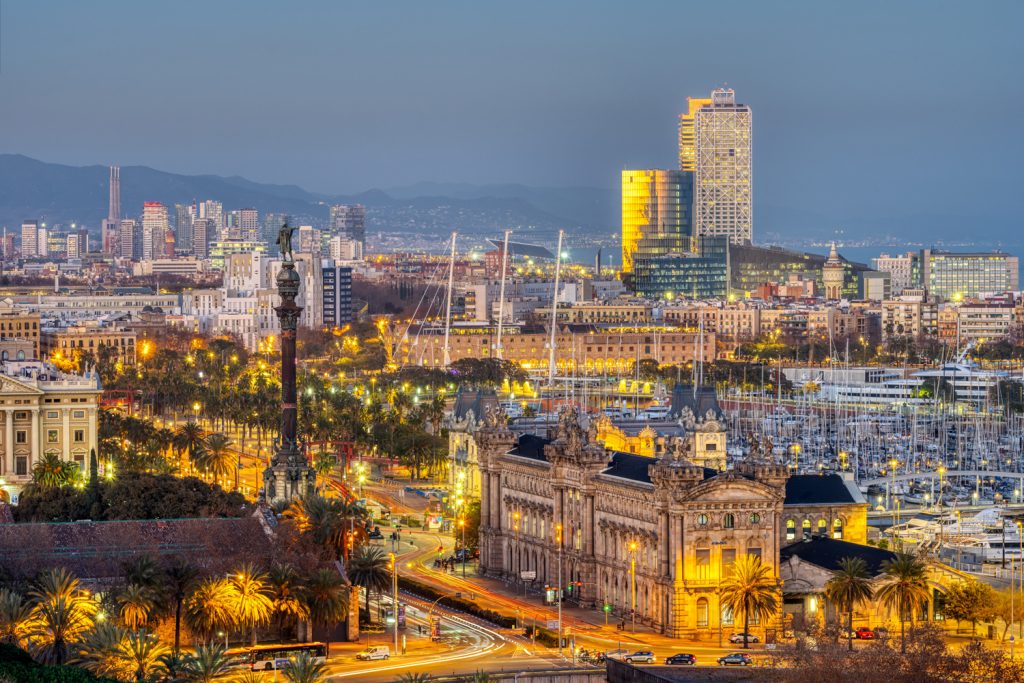The world we live in has become a more digital place over recent decades and technology now plays a central role in most people’s lives. In New Zealand for example, tech such as smartphones, social media platforms and internet-connected appliances are all familiar sights.
The impact of technology has been felt in much more than our personal lives though. The business world has also been impacted by the greater integration of technology and it has had a significant effect on how firms operate.
Tourism is one industry which has been at the forefront of this, with innovations such as online check-ins for flights and holidays being booked online. Virtual tourism is the next big trend in the sector, and many are predicting it could replace budget holidays in the future. Virtual tourism involves virtually travelling to destinations or specific tourist attractions via the internet to experience them.
Below, we discuss the possibilities of virtual tourism:

Digital transformation evident across many sectors
One factor which makes it possible for tourism to make this transformation in places like New Zealand is the move other industries have made into the digital landscape. The casino sector is a good example and there has been a real shift towards playing casino games online in the last few years. From live tables to standard table games and slots, online casino play shows how it is possible for existing sectors to switch to a more digital way of operating.
This change to a more of a digital way of working is also evident when you look at the growth of online streaming services in music and TV. Industries such as investing have also transitioned to a more digital way of operating. With this in mind, it would not be a surprise to see virtual tourism replace budget holidays in the future.

What advantages does virtual tourism have over budget holidays?
Virtual tourism in New Zealand already exists and this is true for many other locations globally. So, what advantages does virtual tourism have over traditional budget holidays that could make it the future of travel?
The most obvious one is that taking a virtual holiday is much less expensive and does not cost as much as even the cheapest budget holiday. This is not only in terms of the savings available on flights and hotel costs but also the cash you would usually spend when on holiday in person.
Virtual tourism also has the edge over budget holidays because it allows you to go on holiday without leaving your own home. This is especially useful if you really want to visit somewhere but would find the crowds, heat or food too much to handle in person.
This kind of travel is great for checking out specific attractions you might not be physically able to manage. New Zealand’s most popular walk is a case in point and would be a lot easier as a virtual experience for people with mobility issues.

Virtual trips open up new adventures
Virtual holidays also allow you to do things that you simply couldn’t on a real-world budget holiday. If you travelled in person for a cheap break to Barcelona for example, climbing to the very top of the Sagrada Familia to get an aerial view of the city is not possible in person — but could be done via virtual tourism.
Many people now are also very aware of climate change and how flying to location for real-life budget holidays can affect the environment negatively. Virtual tourism is the perfect solution to this and means you can travel anywhere in the world without damaging the planet.

Where does virtual tourism lag behind budget holidays?
Although virtual travel does have some real advantages when compared to real-world budget holidays, it does fall behind in some areas. Heading out on a traditional budget holiday for example is a much more tactile and immersive experience. At this point in time, virtual tourism cannot truly replicate what it feels like to be somewhere in person and to have direct, first-hand contact with a place.
In the same vein, virtual tourism does not offer the same chance to interact with your environment or with other people in the same way that offline budget holidays do. For those who enjoy going on holiday to make new friends or engage with the locals, this is a major drawback. Virtual tourism also needs special VR equipment, which lots of people do not have in their homes yet.
Virtual tourism: The future of travel?
Technology is changing the world around us and sparking transformation in many sectors. Tourism has already incorporated digital tech in numerous ways and many think that virtual tourism is the next big step forward. Although it’s easy to see this becoming more popular as time progresses, it is less certain that it will replace budget holidays altogether.


